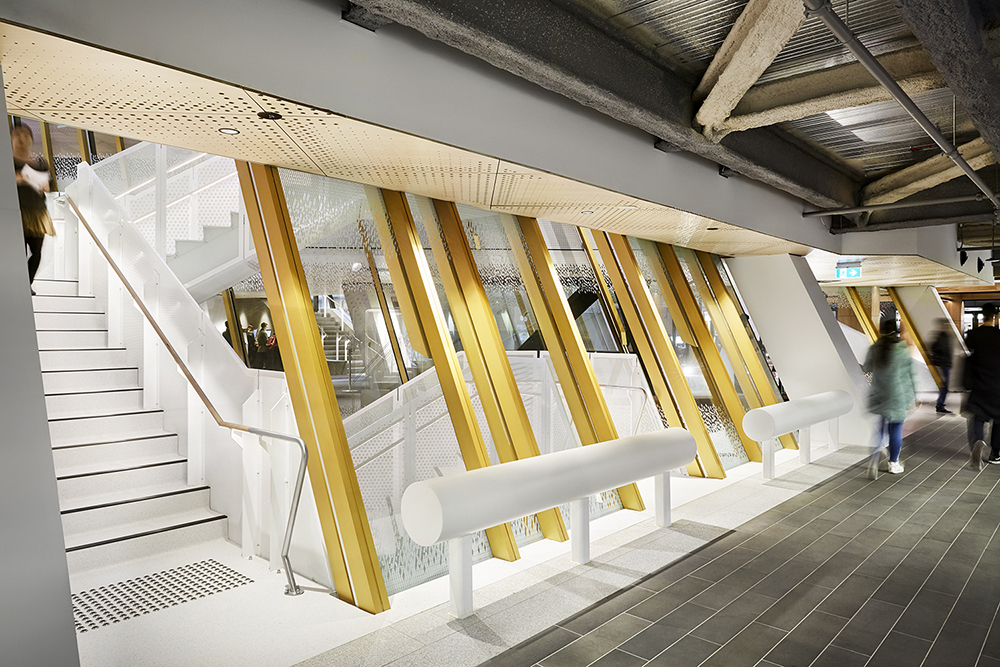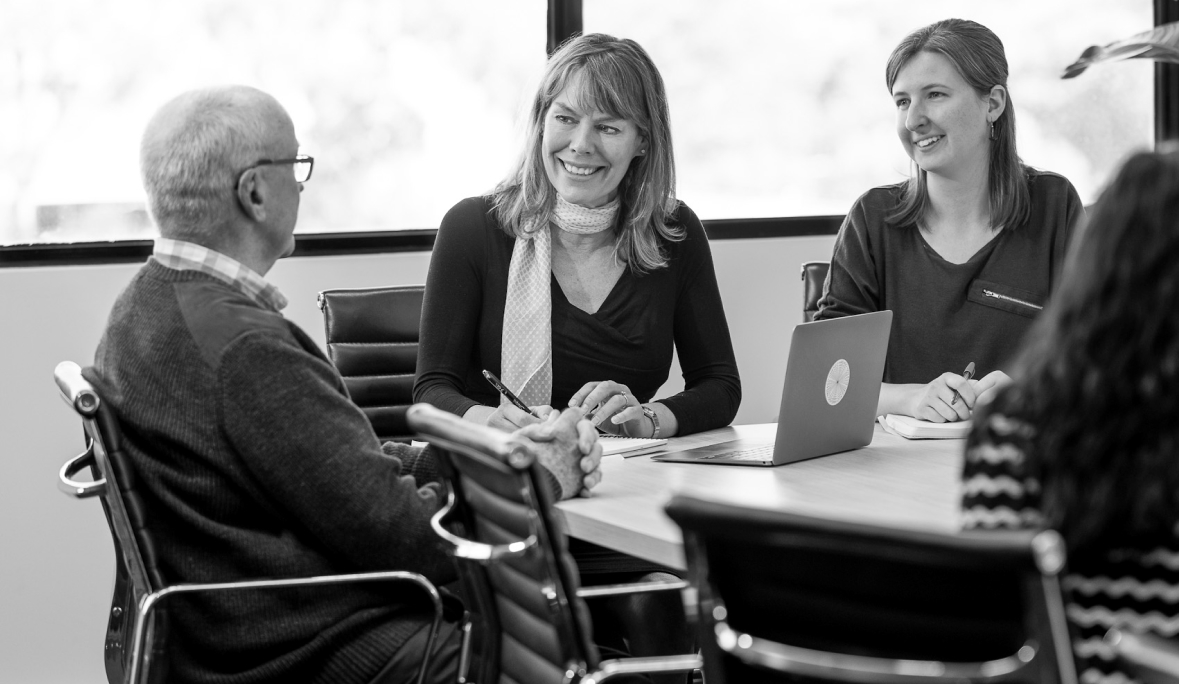Universal Design
Universal Design is based on the premise that we are not all the same — we differ in age, height, mobility, cultural identity, situational constraints and a host of other variables. All these factors contribute to how we can function and use a space or product at a given time.

The term ‘Universal Design’ was first documented in 1985 and evolved over the following decade with its seven principles developed in 1997: Equitable use; flexibility in use; simple and intuitive; perceptible information; tolerance for error; low physical effort; and size & space for approach and use.
These principles have facilitated the discussion and promotion of the concept of Universal Design. However, the principles were criticised for not being linked to scientific bodies of evidence and not being clearly measurable. In response, eight goals of universal design that align with the original principles have been developed. These draw from recognised bodies of knowledge and directly link with recognisable outcomes, such as social participation.
The goals of universal design are:
- Body fit
- Awareness
- Health and wellness
- Personalisation
- Comfort
- Understanding
- Social integration
- Cultural appropriateness

As organisations look to promote access and inclusion within their facilities, operations, and services they seek to go beyond the minimum legislative standards.
Adopting a Universal Design approach to consultation and planning ensures the needs of all users are considered. By designing for a diverse range of needs that include physical, sensory, and cognitive disabilities, neurodiversity, and dementia, as well as for LGBTQIA+ and culturally diverse communities, environments can be created that are inclusive and accessible to everyone.
Architecture & Access is committed to the philosophy of Universal Design and has developed a range of customised guidelines on how it can be implemented. Our advice includes recommendations based on the goals of Universal Design that promote health, wellness, and social participation.